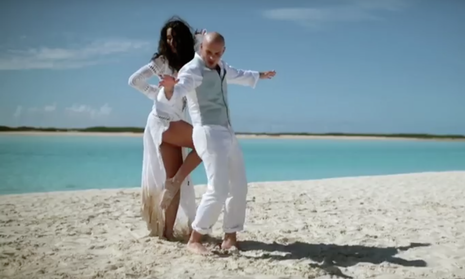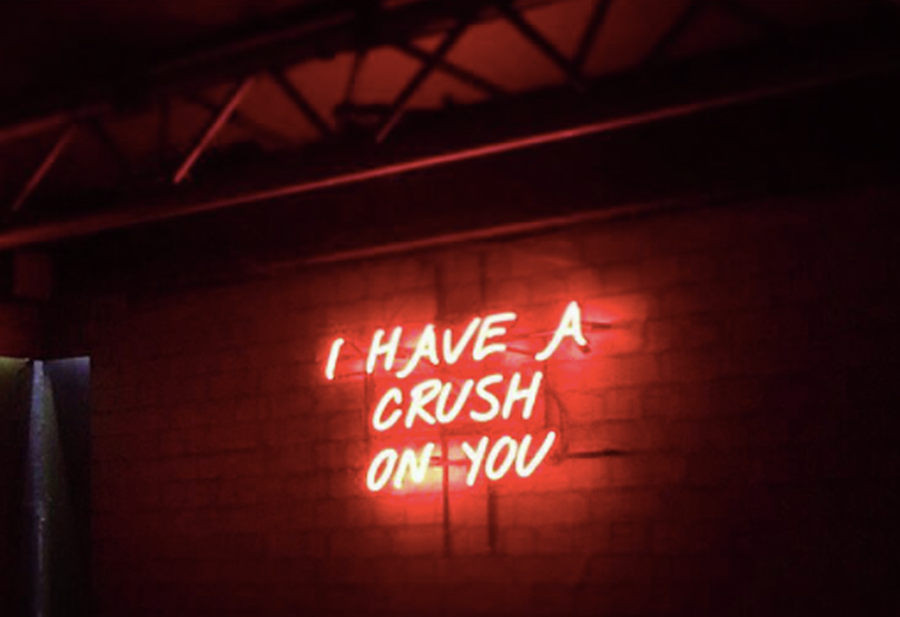
Top of the Misogynistic Pops
Violet‘s Ilona Harding-Roberts explores the dark side of popular song lyrics
A friend of mine was recently shocked to discover that Eminem’s lyrics weren’t exactly what one might call the pinnacle of feminist rhetoric. She sat there, mouth widening, as the superstar rapped: “sl*t you think I won't choke no wh*re? 'Til the vocal chords don't work in her throat no more?” in 'Kill You', and many others far, far worse. As recently as February of this year, a Canadian women’s rights group criticised the rapper for ‘No Favors’, a collaboration with Big Sean, for its validation of rape; in 2015, a similar accusation was made of Dr Dre and Eminem for a line that explicitly uses rape to gloat about their sexual prowess.
Eminem is an extreme example of a much wider problem. Given that so many popular songs dangerously objectify women, or trivialise assault, it’s hardly surprising that the idea of consent can prove so confusing for teenagers and adults alike. If a song is played on every radio station, if it is deemed a ‘banger’ by your mates, and if it does pretty well in the charts, it has been validated, regardless of its lyrical meaning.
"What came first, the idea that telling women what they want is a good chat-up line, or the upbeat chart-topper that normalises it?"
Take the song ‘Let Me Hold You’, by Cheat Codes and Dante Klein. Listening to it at pre-drinks recently, I suddenly realised that I was happily singing along to lyrics like ‘if you think you're gonna get away from me/better change your mind/the Henny got me feeling right/you're going home with me tonight’. In that moment, the message became clear: I’m drunk, I want you, and you’re not going to say no. The song goes on: ‘tell your friends goodbye.../if they think they're gonna stop you coming with me/better change their minds’. And let's not forget how it is almost entirely written in imperatives: 'let me', 'hug me', 'squeeze me'. What friends would stand by and let this situation happen?

But the list of songs with dubious lyrics just keeps growing; from Kesha and Pitbull’s 'Timber' (‘she says she won’t, but I bet she will’), to One Direction’s Steal My Girl (‘go find another one ‘cos she belongs to me’ — what else do you ‘steal’ but an object with no agency?), to Robin Thicke’s infamous 'Blurred Lines', these are all examples of huge hits that use catchy, subtle misogyny. Several perpetuate the idea that consent in a club is different to consent in the bedroom, and that where alcohol is involved, women can be treated very differently; this is especially concerning given that all these songs get played in clubs. They are so common, so well-known, and so loved, that we often struggle to stand up to them as we should. But we really, really should.
When the industry is so saturated with sexist lyrics, it’s hardly surprising that people jumped up and down in excitement when high-profile rapper Kendrick Lamar decides he’s ‘tired of the Photoshop’, and wants ‘something natural like ass with some stretch marks’. You're bored of those women who society have pressured into pretending to be perfect, are you Kendrick? How progressive!
In 2012, a study at the International Conference of Music Perception and Cognition found that when women read rap lyrics, they had a far more negative attitude about their nature than when she was listening to them. This might be a good thing - it suggests that when we are dancing to these songs, the harmful content doesn’t seep into our psyche too much. But I’m thinking of everyone, young people especially, who might take inspiration for chat-up lines or even their behaviour towards women from songs like these. I can’t be the only one who’s had ‘I know you want it’ whispered in my ear at a bar, who’s been felt up against their will (or worse), which leaves me wondering: what came first, the idea that telling women what they want is a good chat-up line, or the upbeat chart-topper that normalises it?
As the outrageous accounts of Harvey Weinstein’s behaviour continue to roll in, I can’t help but link the way our culture continues to treat, portray and vilify women in the music industry to same message in the film industry. ‘Be objects of sex, please’, they both seem to say, ‘and nothing more’. Sex sells in our culture, and that’s not going to change any time soon. But objectification and sexual violence should never, ever be for sale, yet their presence in the media is only too dominant


